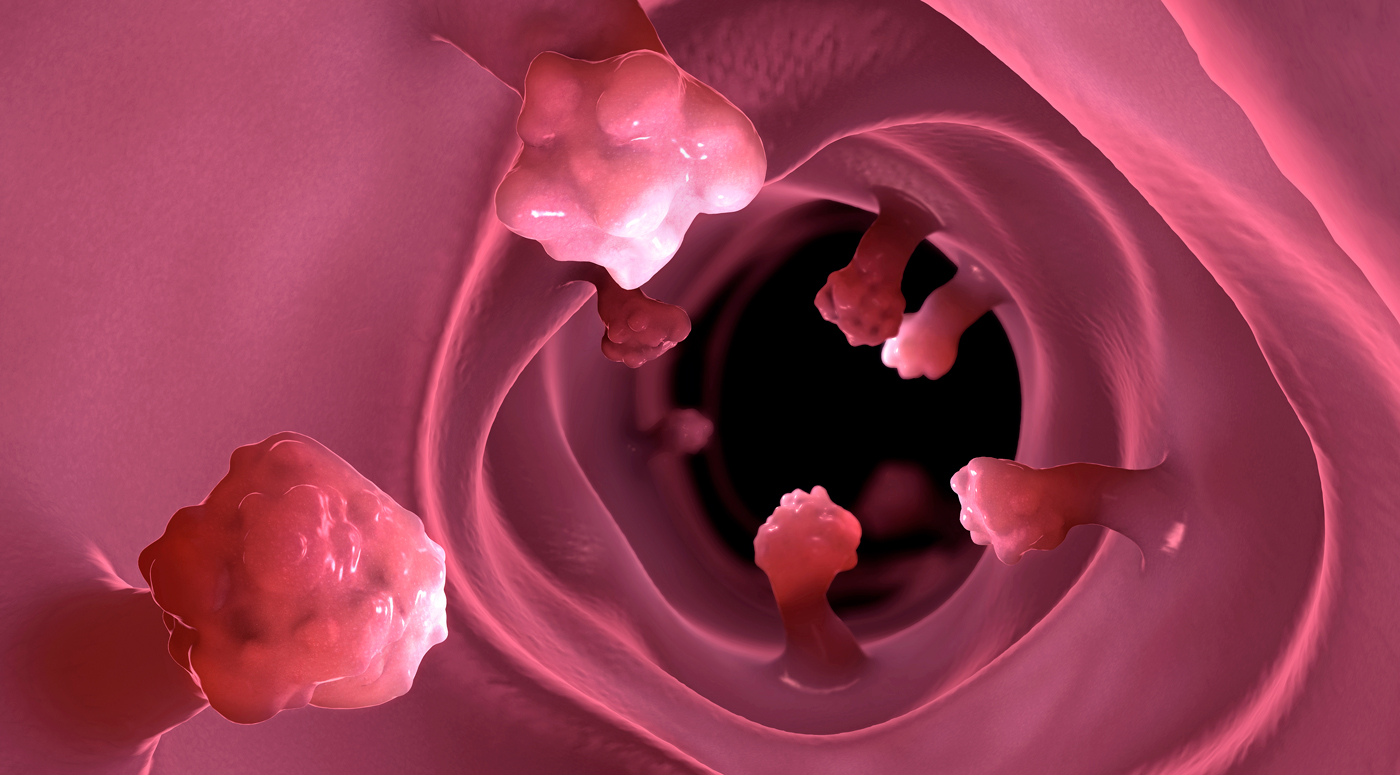August 28th, 2024: In a groundbreaking new research, Newcastle University researchers have revealed how artificial intelligence (AI) technology is set to play a crucial role in the early detection of bowel cancer due to its enhanced efficiency in identifying potential new cases. The COLO-DETECT trial was led by Newcastle University, South Tyneside and Sunderland NHS Foundation Trust, involving 2,032 patients from 10 centres across England.
The trial used the GI Genius™ AI device, a computer module powered by AI, which is added to the existing technology used during a colonoscopy. The findings showed greater effectiveness in detecting tumours that could potentially become cancerous (adenomas).
As a result, the Trust will continue to make the equipment available to its teams based at Endoscopy units at South Tyneside District Hospital and Sunderland Royal Hospital.
Professor Colin Rees, who led the trial, and Professor of Gastroenterology at Newcastle University, said: “We are delighted with the outcome of this trial. Simply put, it will save lives.
“This trial has demonstrated that using artificial intelligence can significantly increase detection of the kinds of abnormalities in the bowel that may progress to cancer. It allows us to find these lesions, remove them, and stop them from turning into cancer.
“Crucially, we know that some of the polyps that lead to cancer are small polyps or flat polyps. The AI helped us find more of these lesions, it is finding the things we are concerned about as well as spotting things that we can miss with the human eye.”
COLO-DETECT was a randomised controlled trial, with half of the 2,032 participants in the procedure having a colonoscopy using AI, and the other half having a ‘traditional’ colonoscopy.
The colonoscopy is a procedure where a camera is used to look inside the bowel, with the aim of spotting cancerous and precancerous polyps (adenomas).
The trial involves putting a green box around possible polyps on the screen, which shows what the camera can see, with the clinician ultimately deciding whether to remove the polyp.
There are around 43,000 new cases of bowel cancer in the UK each year, and Professor Rees hopes this technology will now be adopted more widely to detect early signs of the disease.
Professor Rees added: “It is a tragedy because bowel cancer is a disease that people shouldn't be dying from. We have a long window of time when these polyps develop, probably about 10 to 15 years from developing a point to them becoming cancer.
“We are now using this technology routinely in our practice, and I really hope that it will be used more extensively, and the fantastic thing about AI is that it learns. It is trained by looking at images, using the data to find the differences between the images, and it is adding to its knowledge all the time, so it’s only going to get better.”
The findings of this research were published in Lancet Gastroenterology and Hepatology on 14th August 2024.
ABOUT NEWCASTLE UNIVERSITY: Newcastle University, UK, is a thriving international community of more than 28,000 students from over 130 countries worldwide. As a member of the Russell Group of research-intensive universities in the UK, Newcastle has a world-class reputation for research excellence in the fields of medicine, science and engineering, social sciences and the humanities. Its academics are sharply focused on responding to the major challenges facing society today. Our research and teaching are world-leading in areas as diverse as health, culture, technology and the environment. Newcastle University is committed to providing our students with excellent, research-led teaching delivered by dedicated and passionate teachers. Newcastle University is ranked 110th in the QS World Ranking 2024 and 139th in the Times Higher Education World University Ranking 2023.

 Newcastle University led a successful trial using artificial intelligence (AI) in colonoscopies to spot abnormalities potentially leading to bowel cancer.
Newcastle University led a successful trial using artificial intelligence (AI) in colonoscopies to spot abnormalities potentially leading to bowel cancer.










.jpeg)











.jpg)








